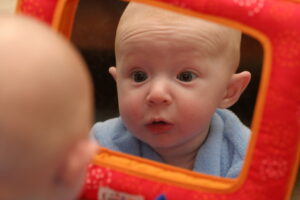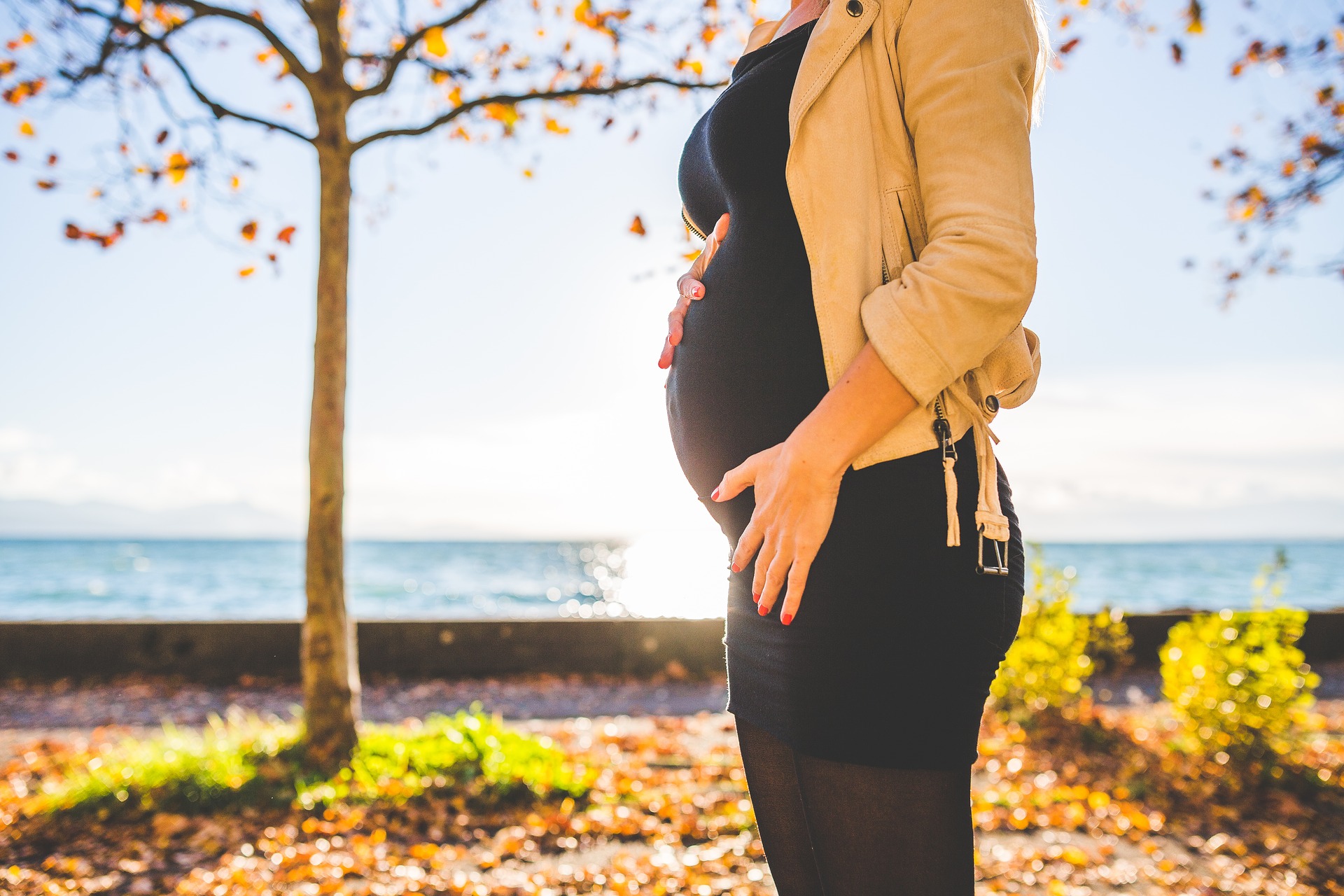
Say Goodbye to Spring Allergies: How Air Purifiers Can Help Conscious Parents
As the buds bloom and nature awakens from its winter slumber, spring brings with it a vibrant burst of life. However, for many, this seasonal
Call us on 0333 015 4345 or email hello@theconsciousparent.co.uk

[cs_content][cs_section parallax=”false” separator_top_type=”none” separator_top_height=”50px” separator_top_angle_point=”50″ separator_bottom_type=”none” separator_bottom_height=”50px” separator_bottom_angle_point=”50″ style=”margin: 0px;padding: 45px 0px px;”][cs_row inner_container=”true” marginless_columns=”false” style=”margin: 0px auto;padding: 0px;”][cs_column fade=”false” fade_animation=”in” fade_animation_offset=”45px” fade_duration=”750″ type=”2/3″ style=”padding: 0px;”][cs_text]
Currently, the meningitis B vaccine, Bexsero, is available free on the NHS for babies born on or after 1 July 2015 as part of a routine immunisation schedule and for babies born on or after 1 May 2015 as part of a one off catch-up campaign.
This is good news for the parents of these children, especially based on the findings of the Department of Heath that, since September 2015, the vaccination programme has led to a 50% drop in the number of cases of Meningitis B in infants aged one or younger.
However, parents of children that are too old to benefit from the free vaccinations are faced with having to pay privately for the vaccine.
The Meningococcal group B bacteria that cause life-threatening infections such as meningitis are the leading infectious cause of deaths in babies and young children in the UK.
There are other types of meningitis but meningitis B is responsible for around 90% of meningococcal infections in the UK.
Whilst meningitis B (Men B) can affect people of any age, it is most common in babies and young children.
According to NHS Choices, in the past two decades, between 500 and 1,700 people every year have been struck by Men B and most of these have been babies and young children. Tragically, 1 in 10 die from the infection but even those who survive can suffer permanent disability including brain damage and amputation.
It is for these reasons, that meningitis B is one of the most feared illnesses that can affect young children.
Many people think that the main symptom of meningitis is a rash that does not fade when the side of a clear drinking glass is pressed against it. However, whilst this can be a sign of meningitis, this symptom may not appear at all.
What’s more, it is easy to mistake many of the other symptoms of Men B for much less serious illnesses.
For example, your baby might have a fever, become fretful or refuse food. It might have a stiff neck or become floppy and sleepy. More severe symptoms can include rapid breathing, vomiting or convulsions.
If you in any way feel that something is wrong with your baby or toddler then make sure you follow your instincts and seek medical help straight away.
Of course, once your child is vaccinated you can rest assured that your child has as much protection as is currently available against this terrible illness.
GPs and travel clinics can set their own charges for administering the vaccine privately and it is definitely worth calling around for the best quote. That is because doses can cost over £125 and your child may need more than one dose, depending on its age.
If you would like more information on who is eligible for the free vaccine, how safe it is and how many doses are required, click here to visit the Meningitis Research Foundation website.
You can also click here for answers to frequently asked questions about Bexsero.
You can also take a look at our handy infographic on possible Meningitis B symptoms below.[/cs_text][/cs_column][cs_column fade=”false” fade_animation=”in” fade_animation_offset=”45px” fade_duration=”750″ type=”1/3″ style=”padding: 0px;”][x_image type=”none” src=”https://theconsciousparent.co.uk/wp-content/uploads/2017/02/Baby-hand.jpg” alt=”” link=”false” href=”#” title=”” target=”” info=”none” info_place=”top” info_trigger=”hover” info_content=””][/cs_column][/cs_row][/cs_section][cs_section parallax=”false” separator_top_type=”none” separator_top_height=”50px” separator_top_angle_point=”50″ separator_bottom_type=”none” separator_bottom_height=”50px” separator_bottom_angle_point=”50″ style=”margin: 0px;padding: 0px;”][cs_row inner_container=”true” marginless_columns=”false” style=”margin: 0px auto;padding: 0px;”][cs_column fade=”false” fade_animation=”in” fade_animation_offset=”45px” fade_duration=”750″ type=”1/1″ style=”padding: 0px;”][x_image type=”none” src=”https://theconsciousparent.co.uk/wp-content/uploads/2017/02/meningitis-info-facebook.jpg” alt=”” link=”false” href=”#” title=”” target=”” info=”none” info_place=”top” info_trigger=”hover” info_content=””][/cs_column][/cs_row][/cs_section][/cs_content]

As the buds bloom and nature awakens from its winter slumber, spring brings with it a vibrant burst of life. However, for many, this seasonal

Babies don’t develop self-awareness until they’re around two years old. At around this time, they’ll come to realise that they’re seeing themselves when they look

The Conscious
Parent Company
G4 Business Centre
19-21 Carlisle Street East
Sheffield S4 7QN
0333 015 4345
hello@theconsciousparent.co.uk
